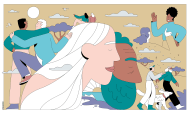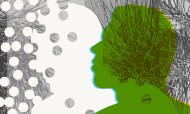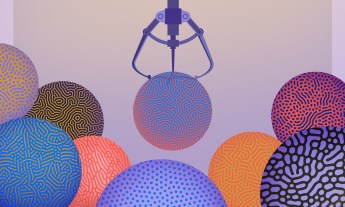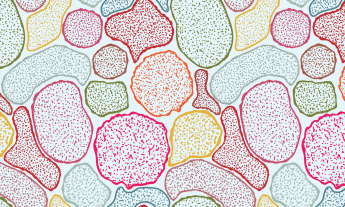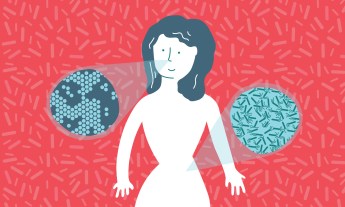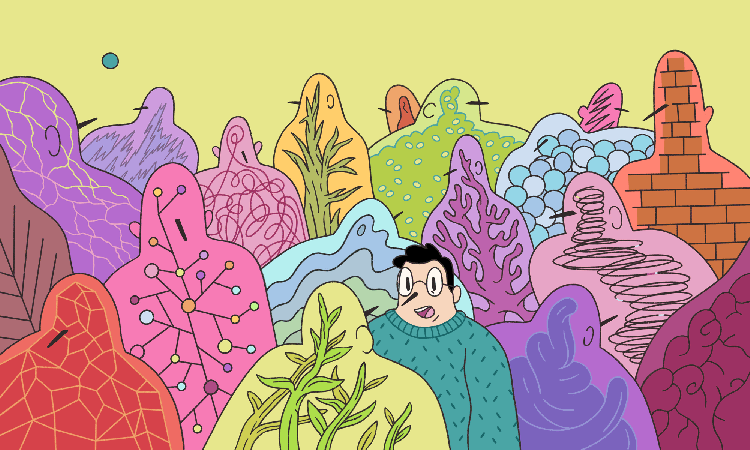
One day, you might be able to eat microbes — yes, microbes — to help you lose weight.
That might sound like a headline you’d see in a health magazine from hell the future, but it’s a very real prediction — based on the many strange discoveries that scientists are now making about your microbes.
Your body is full of microorganisms, or bacteria, that make up what’s called your microbiome — the vast, invisible community of microbes found in your body, most of them in your intestines.
And while you can’t see these microbes, they dominate your body. Turns out, you actually have more microbes in your body than human cells — the average person has around 30 trillion human cells — and 40 trillion microbes. All together, they weigh around three pounds, or about as much as your brain.
These microbes have control over you in more ways than scientists used to think. In the last two decades, microbes have been found to affect how you respond to stress, help you digest food, and fight disease and infection. They’re linked to inflammatory bowel disease, allergies, asthma and memory loss. They can even determine if you’re a mosquito magnet.
And they seem to have a significant effect on your weight.
“We’re learning there’s a strong microbial component to obesity,” says Rob Knight, a microbial ecologist at UC San Diego in a TED Talk.
In fact, just by looking at the microbes in your gut, scientists can tell — with 90 percent accuracy — whether you’re lean or obese. Compare that to 60 percent accuracy if you go by DNA.
MORE: Watch how microbes define — and might even heal — us >>
“That means the microbes you carry around with you may be more important for some health conditions than every single gene in your genome,” says Knight.
But wait; it gets weirder.
In a series of studies, Knight took the microbes from obese mice, transplanted them into lean mice via a fecal transplant (yes, that’s a poop transplant) and found something rather astonishing: the lean mice got fatter.
“Why this happens is absolutely amazing,” he says. “The microbes are helping them digest food more efficiently, so they’re taking more energy from their food. Other times, the microbes are actually affecting their behavior, and they’re eating more than the normal mouse.”
MORE: Learn how microbes affect your body >>
Think about that for a minute: Bacteria can affect behavior. It’s a pretty incredible finding that suggests your microbes aren’t passive passengers at all; they may be driving the bus. (We’ll give you a minute to mourn whatever notions you had about free will and autonomy and such.)
But can this apply to humans?
When researchers took microbes from an obese person and transplanted them into mice, those mice become fatter than the ones that got microbes from a skinny person.
Microbes may even be able to help prevent weight gain.
“Remarkably, by isolating bacteria from lean people,” says Knight, “we could design a microbial community that prevented a mouse from gaining the weight it would normally gain when housed with an obese mouse and exposed to its new roommate’s microbes.”
But can microbes help us lose weight?
Many fad diets now promise to do that, but don’t be fooled. “We just don’t know enough about the ways in which particular microbes affect digestion and absorption to make a targeted intervention,” says Knight.
But he does think we’ll get there.
Someday, Knight says, scientists might be able to design a microbe “prescription” that could keep people slim.
In the meantime, start taking better care of your microbiome. After all, you’re only as healthy as your microbes are.


